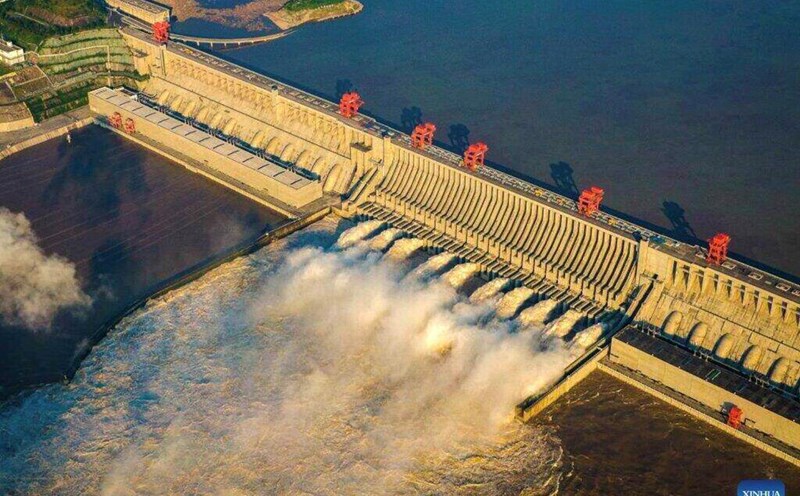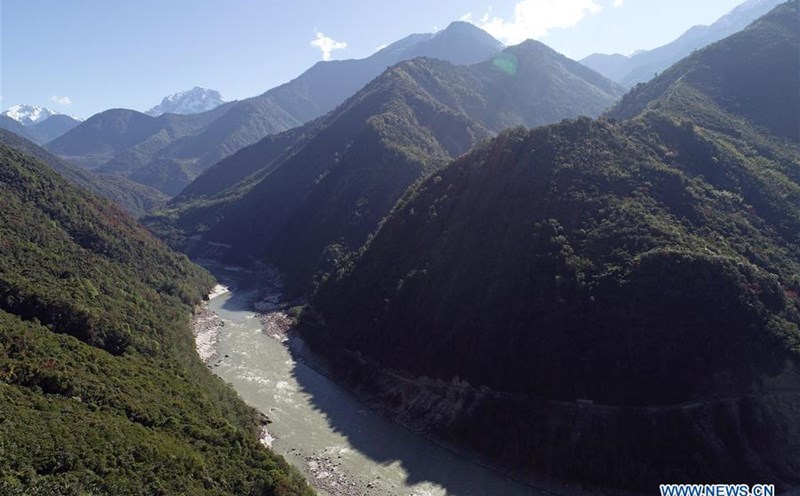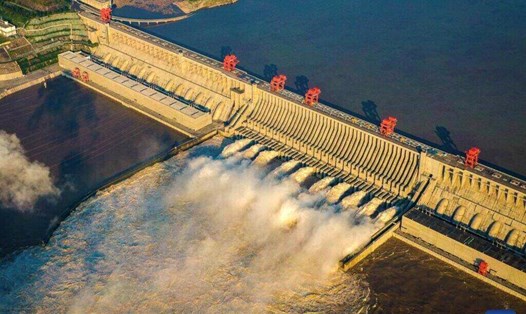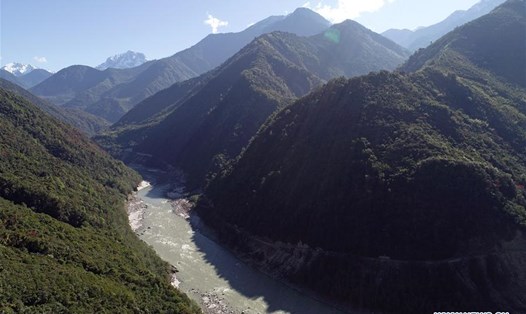China sought to reassure India over its plans to build a mega-dam on the Tibetan plateau by stressing that it would not seek to benefit “at the expense of its neighbours,” the SCMP reported.
The Yarlung Tsangpo Dam is expected to be the world's largest hydroelectric project. However, the dam has raised serious concerns about its impact on the Brahmaputra River - another name for the Yarlung Tsangpo River in downstream India. The Brahmaputra River is a vital source of water for millions of people.
China's mega-dam project also risks leading to competition for water resources as India also wants to step up construction of its own hydropower projects.
Last week, the charge d’affaires at the Chinese embassy in India, Wang Lei, attempted to address these concerns in an article in India’s Indian Express, stressing that critics of the project were wrong to call it a “Chinese weapon.”
"China adheres to the policy of building friendship and partnership with neighboring countries. China never pursues unilateral profit maximization, to gain benefits for itself at the expense of neighboring countries. China does not and will never seek 'water hegemony'," said Mr. Wang Lei.
According to the Chinese diplomat, China has established more than 50 water resources management agreements with neighboring countries and set up 10 cross-border organizations to promote cooperative development and ecological protection of rivers.
"China adheres to a responsible attitude toward transboundary river development and pursues a balanced policy of utilization and protection," he wrote.
The charge d'affaires at the Chinese embassy in India noted that the hydropower project on the Yarlung Tsangpo River has undergone a rigorous assessment process and will prioritize biodiversity and ecosystem protection.
“As the project progresses, China will release more data and information in a timely manner,” he wrote.
The Yarlung Tsangpo Dam, first announced by China in 2020, is part of the country's larger strategy to tap the hydropower potential of the Tibetan plateau.
The project's goal is to generate more than 300 billion kilowatt-hours of electricity per year - three times the output of the Three Gorges Dam - to power 300 million households.
According to the article by diplomat Wang Lei, the hydropower project will have “no negative impact on the downstream” of the river and “no water consumption.” He noted that Indian scholars “have pointed out that the water of the Brahmaputra River comes mainly from rainfall and tributaries on the southern slopes of the Himalayas.”











